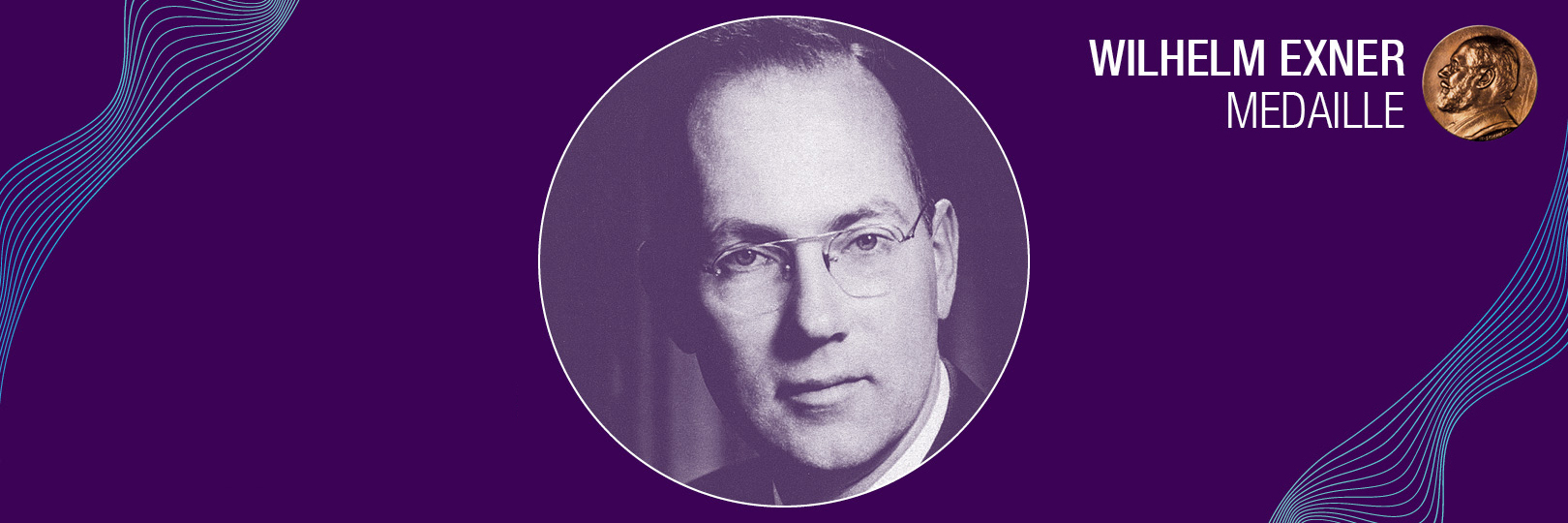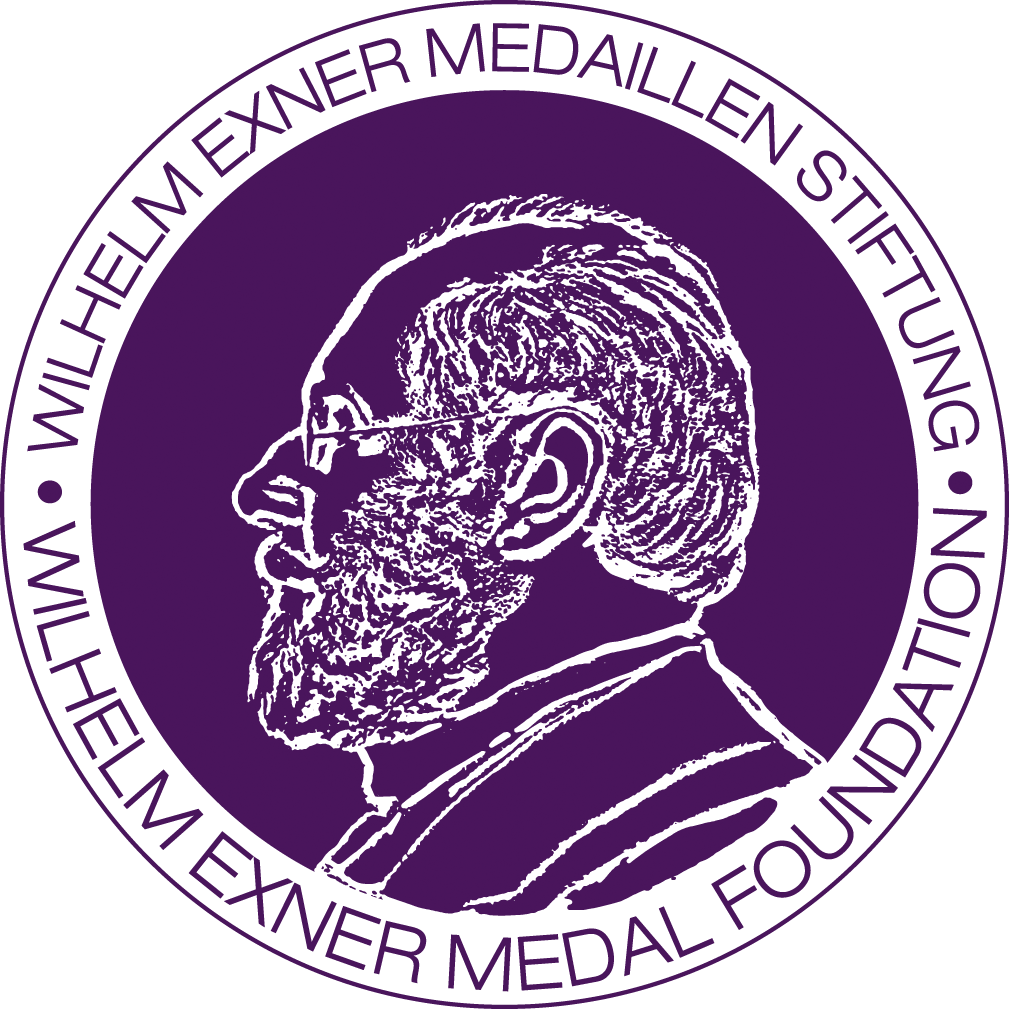
Nobel Prize-winning physicist Charles Hard Townes studied at Furman University in Greenville, graduating in 1935 with a Bachelor of Science degree in physics and a Bachelor of Arts degree in modern languages. After 1945, building on radar research, he focused on microwave technology research in spectroscopy.
Townes researched the interaction of microwaves with molecules and the use of microwave spectra to analyze the structure of molecules, atoms, and atomic nuclei. In 1952, he developed the idea for a so-called maser and tested an apparatus that could generate and amplify electromagnetic waves. In 1958, Townes, together with Arthur Leonard Schawlow, applied the maser principle to light and led to the development of the laser. Townes was awarded the Nobel Prize in Physics in 1964, together with Nikolai Bassow and Alexander Prokhorov, for his work in the field of quantum electronics, which led to the construction of oscillators and amplifiers based on the maser-laser principle.

